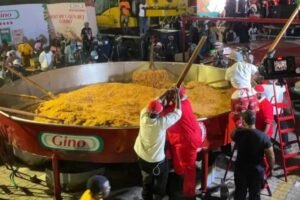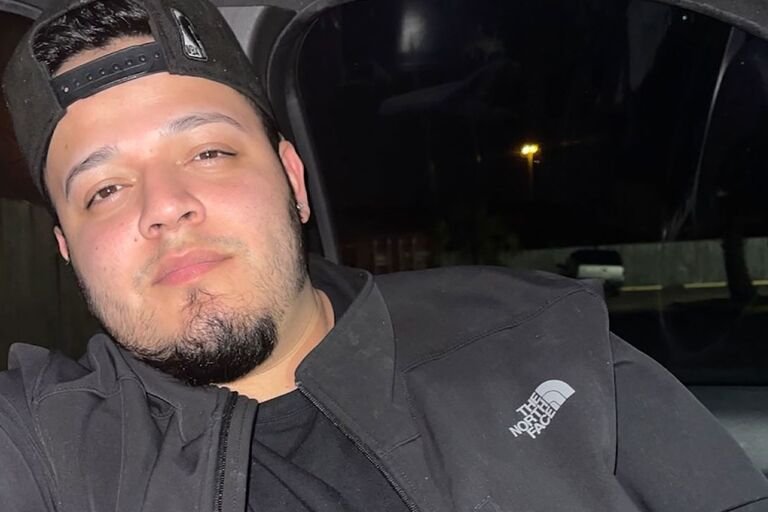Kilmar Ábrego García’s lawyers claim that US authorities warned him less than 24 hours after his release that he may be deported to Uganda due to his unwillingness to accept a plea deal in a criminal case.
Attorneys for García said he declined an offer to plead guilty to people smuggling charges in exchange for deportation to Costa Rica, after it was evident he would be released from detention.
His lawyers have now accused the US government of attempting to “coerce” him into pleading guilty by threatening to deport him “halfway across the world” to Uganda.
The Salvadoran national was wrongfully deported to El Salvador in March and later returned to face criminal charges.
On Thursday, it became evident that Mr Ábrego García would likely be released from a Tennessee jail on Friday, prompting the offer to send him to Costa Rica.
The Costa Rican government decided to accept him as a refugee and provide him with legal status, according to a letter from a Costa Rican official included in the legal petition.
According to the court document, Mr Abrego Garcia would only be deported to Costa Rica after serving his term on smuggling charges.
Mr Ábrego García’s counsel claim that after being released from federal prison, they were informed of the government’s plan to deport him to Uganda, where he has no known ties.
“The DOJ, DHS, and ICE are using their collective powers to force Mr Abrego to choose between a guilty plea followed by relative safety or rendition to Uganda, where his safety and liberty would be under threat,” the lawyers wrote in the filing.
The lawyers claim Mr. Ábrego García has until Monday morning to accept a plea in exchange for deportation to Costa Rica, “or else that offer will be off the table forever.”
It was unclear whether he was considering the government’s offer.
Mr Ábrego García, currently in Maryland with his family, is slated to appear in a Baltimore immigration court on Monday. If a judge agrees to the government’s request, he might be deported within days.
The United States negotiated bilateral deportation agreements with Honduras and Uganda as part of its campaign on illegal immigration, according to documents obtained by the BBC’s US partner CBS.
“This is a temporary arrangement with conditions, including that individuals with criminal records and unaccompanied minors will not be accepted,” Bagiire Vincent Waiswa, permanent secretary to the Ugandan foreign ministry, said in a statement.
“Uganda also prefers that individuals from African countries shall be the ones transferred to Uganda.”
Mr Ábrego García’s deportation case has become a focal point of the Trump administration’s immigration campaign.
He was extradited to El Salvador in March and first imprisoned at the notorious Cecot prison.
However, after US officials admitted he was deported due to an “administrative error”, a judge directed the administration to “facilitate” his return.
In early June, he was deported to the United States and charged with human smuggling in Tennessee. He has pleaded not guilty to all counts.









